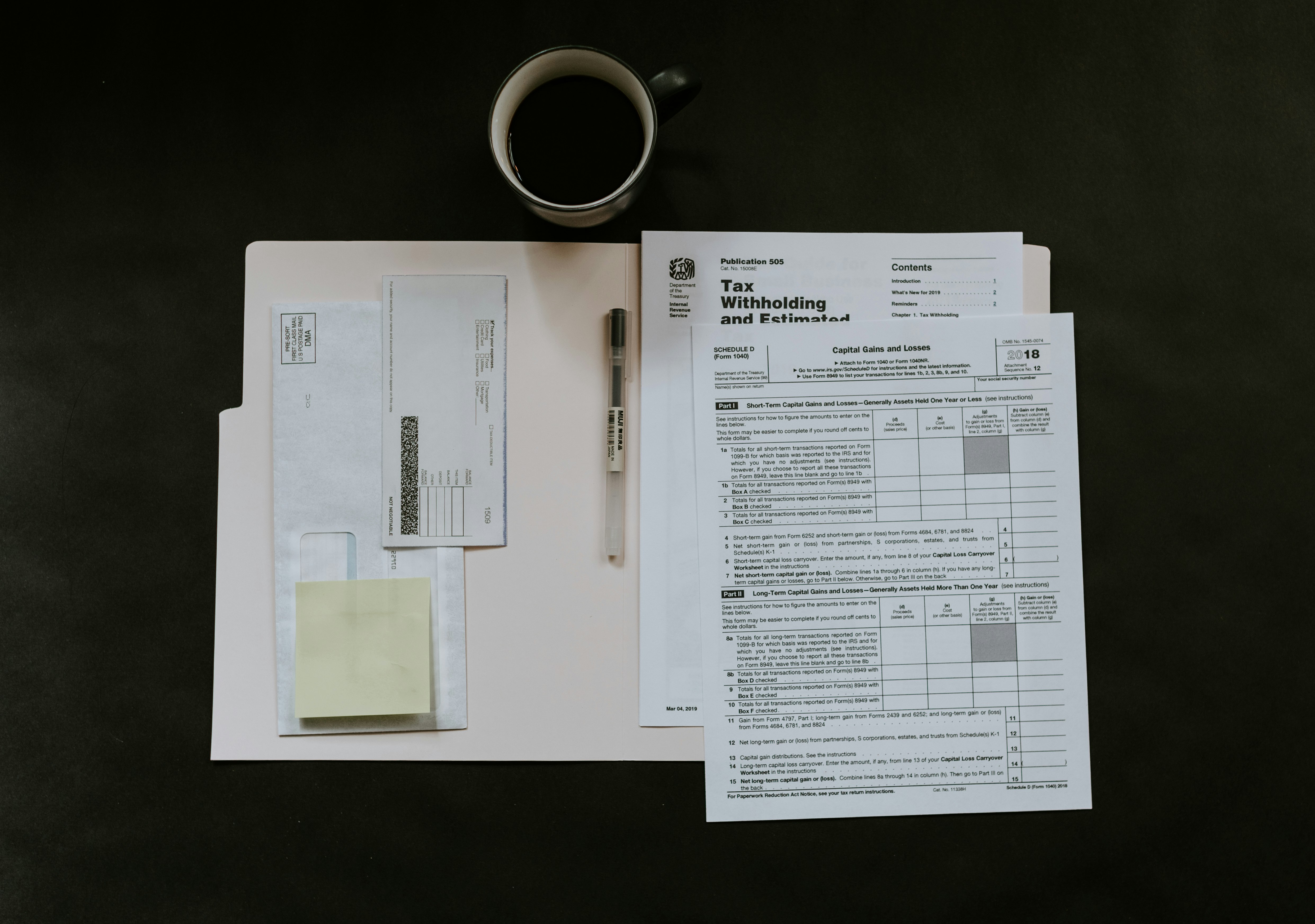
Kudos has partnered with CardRatings and Red Ventures for our coverage of credit card products. Kudos, CardRatings, and Red Ventures may receive a commission from card issuers. Kudos may receive commission from card issuers. Some of the card offers that appear on Kudos are from advertisers and may impact how and where card products appear on the site. Kudos tries to include as many card companies and offers as we are aware of, including offers from issuers that don't pay us, but we may not cover all card companies or all available card offers. You don't have to use our links, but we're grateful when you do!
Does Welfare Affect Your Credit Score?
July 1, 2025


Quick Answers
Receiving welfare benefits does not directly impact your credit score, as this information is not reported to the major credit bureaus.
Your credit score is primarily affected by your financial habits, such as timely bill payments, not by the source of your income.
While welfare doesn't alter your score, lenders will consider it as part of your overall income and ability to repay when you apply for loans or credit.
What Is Welfare?
Welfare refers to a range of government-run programs that provide financial or other aid to individuals and families in need. This support can take many forms, including food stamps, healthcare assistance, unemployment benefits, and housing subsidies. The fundamental purpose of these programs is to create a social safety net, ensuring that citizens can meet their basic living requirements during times of financial hardship.
Receiving welfare benefits does not directly affect your credit score, as this information is not reported to credit bureaus. Consequently, your participation in government assistance programs will not appear on your credit reports or be factored into your score calculation. However, the financial stability that welfare provides can indirectly help you manage your finances, pay bills on time, and reduce debt, which are all key factors in building and maintaining a healthy credit history.
How Welfare May Impact Your Credit Score
Receiving welfare payments does not directly impact your credit score. However, the financial circumstances that often accompany the need for welfare can indirectly lead to actions that do affect it.
- Financial Strain: The need for welfare often coincides with financial hardship, making it difficult to keep up with payments on existing debts like credit cards, auto loans, or personal loans.
- Missed Payments Reported: If you miss payments or are consistently late, your creditors will report this delinquency to the three major credit bureaus. Your payment history is the single most important factor in your credit score.
- Credit Score Decreases: The negative information reported by creditors will lower your credit score. The cause is the missed payment, not the fact that your income source is a government benefit.
- Future Credit Challenges: A lower credit score can make it more difficult and expensive to secure new lines of credit in the future, potentially creating a challenging cycle to break.
How Much Will Welfare Affect Your Credit Score?
While receiving welfare benefits doesn't directly impact your credit score, there are indirect effects to consider. Here are a few key points regarding your financial health while on government assistance.
- No Direct Reporting. Government assistance programs do not report your payment history to the three major credit bureaus. Therefore, receiving these benefits will not directly raise or lower your credit score on its own.
- Indirect Financial Habits. Your credit score is affected by how you manage your debts, regardless of your income source. Missing payments on loans or credit cards while on welfare will negatively impact your score.
How You Can Avoid Welfare Affecting Your Credit Score
Prioritize Timely Bill Payments
While welfare benefits are not reported to credit bureaus, how you manage your finances is. Use these funds to consistently pay bills like rent, utilities, and credit payments on time. This builds a positive payment history, which is a key factor in your credit score.
Practice Responsible Credit Use
Avoid taking on new debt based on welfare income. Lenders assess your overall financial situation, so it's important to use credit sparingly and manage existing debts wisely. This demonstrates financial stability and helps protect your credit score regardless of your income source.
Create a Detailed Budget
Develop a comprehensive budget to manage your income and expenses effectively. This ensures all essential bills and debt obligations are covered each month, preventing missed payments that could harm your credit. A solid budget demonstrates strong financial management skills to potential lenders.
Choose the Right Card to Welfare
Improving your credit score is an achievable goal that can unlock better loan terms and credit card approvals. With consistent, positive financial habits, most people can see meaningful changes within just a few months.
- Set up automatic payments. Your payment history is the single biggest factor in your score, so automating payments is the easiest way to ensure you never miss a due date.
- Reduce your credit utilization. Aim to use less than 30% of your available credit across all your accounts, as high balances can negatively impact your score.
- Monitor your credit reports. Regularly checking your reports from all three major bureaus helps you spot and dispute inaccuracies or signs of identity theft.
- Become an authorized user. Being added to a credit card account with a long, positive history can give your score a boost, provided the account reports to all major bureaus.
- Diversify your credit mix. Lenders like to see that you can responsibly manage different types of credit, such as a mix of credit cards and installment loans.
- Limit hard inquiries. Applying for too much new credit at once can temporarily lower your score, so try to space out applications and use prequalification tools when possible.
The Bottom Line
Receiving welfare benefits does not directly impact your credit score. However, how you manage your overall finances, including any debts while on assistance, is what can influence your credit history.
Frequently Asked Questions
Can lenders see that I receive welfare benefits on my credit report?
No, your credit report does not disclose your sources of income. It only shows your credit accounts and payment history, not whether you receive government assistance.
Will applying for welfare benefits hurt my credit score?
Applying for welfare benefits does not involve a credit inquiry, so the application process itself will have no impact on your credit score whatsoever.
Can being on welfare indirectly harm my credit?
Yes, but only if financial difficulties cause you to miss payments on existing debts like credit cards or loans. Your payment history is the key factor.

Supercharge Your Credit Cards
Experience smarter spending with Kudos and unlock more from your credit cards. Earn $20.00 when you sign up for Kudos with "GET20" and make an eligible Kudos Boost purchase.
Editorial Disclosure: Opinions expressed here are those of Kudos alone, not those of any bank, credit card issuer, hotel, airline, or other entity. This content has not been reviewed, approved or otherwise endorsed by any of the entities included within the post.




















.webp)
.webp)
.webp)
.webp)
















